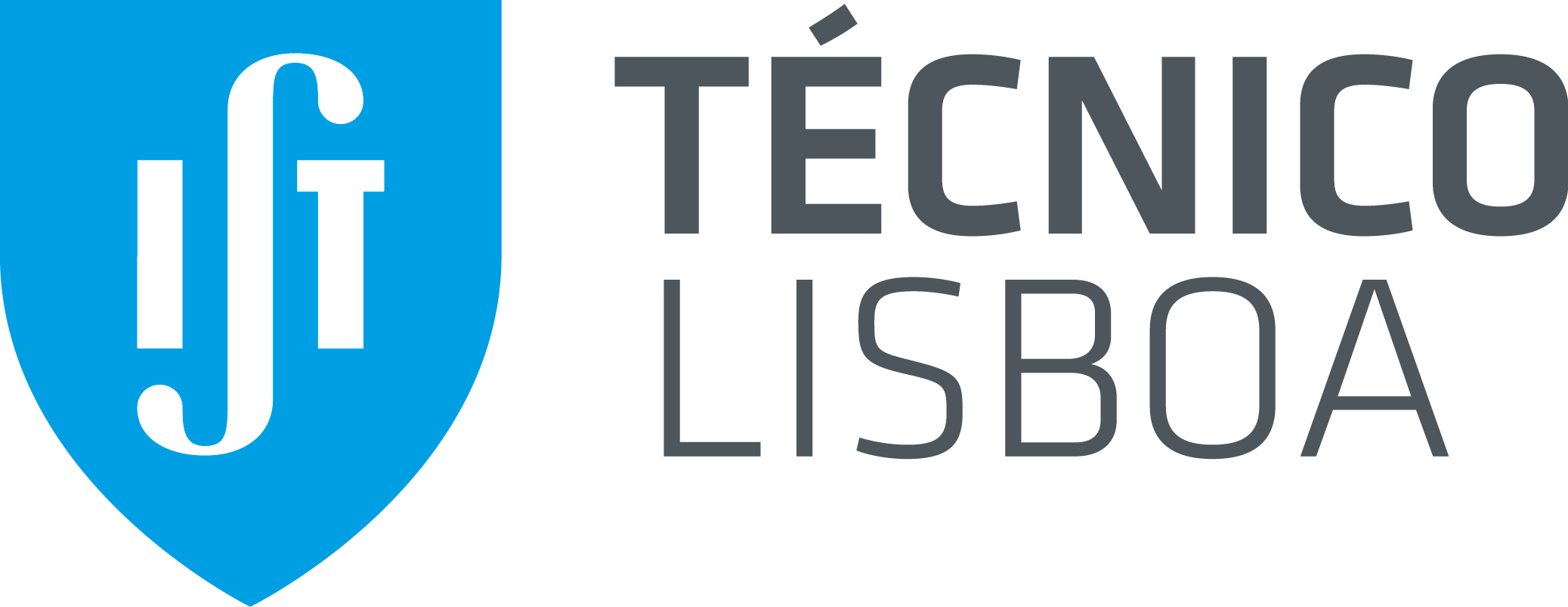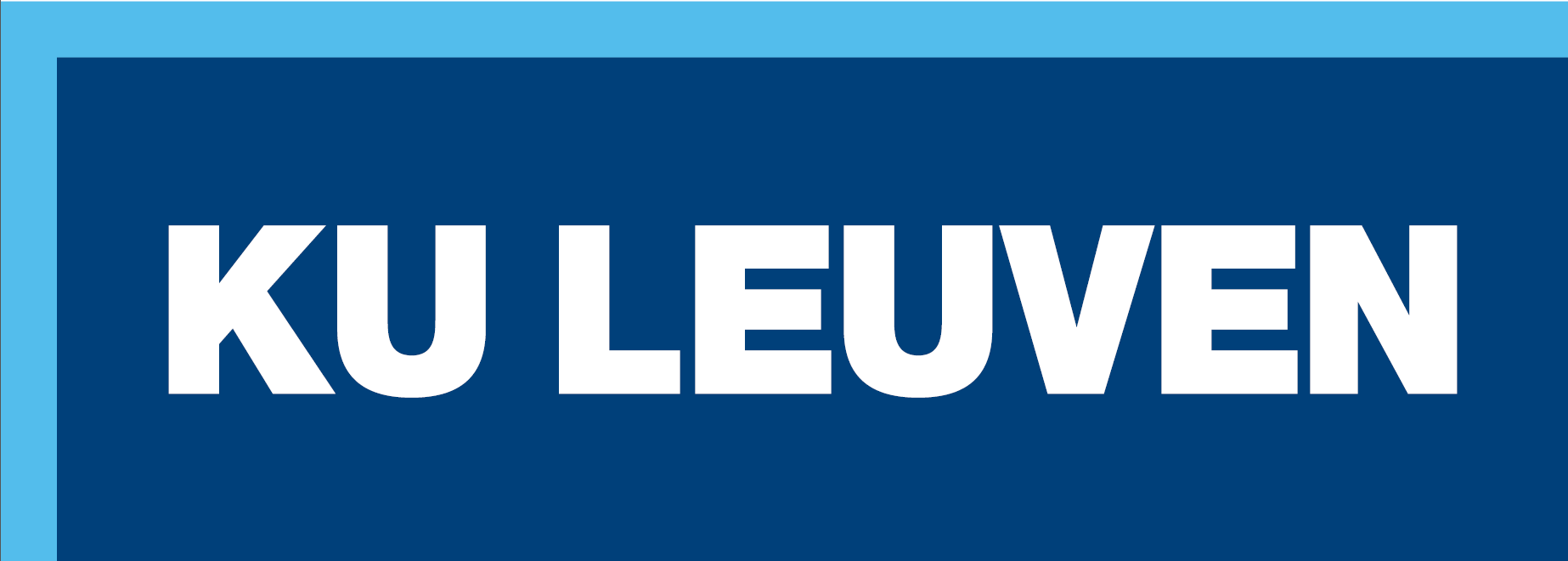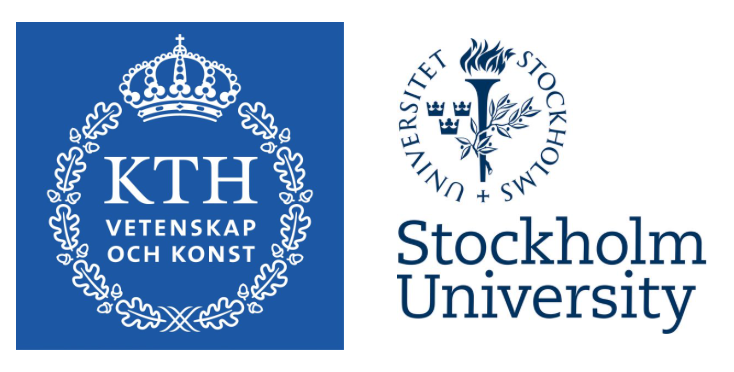Sustainable Development policy:
UCLouvain has developed an ambitious Transition Plan with ten chapters that include specific actions on:
- 1. Teaching
- 2. Research
- 3. Energy and infrastructures
- 4. Mobility
- 5. Consumption and investment
- 6. Alimentation
- 7. Biodiversity
- 8. Territorial development
- 9. Culture and transition
- 10. Mobilise the community of UCLouvain
A specific website is on ‘UCLouvain in transition’ is under development:
https://uclouvain.be/fr/decouvrir/uclouvain-en-transition-vers-une-universite-durable.html
COURSES :
MOOCs:
OTHER:
All the information in ‘UCLouvain in transition’:https://uclouvain.be/fr/decouvrir/uclouvain-en-transition-vers-une-universite-durable.html
Update: 26/04/2021
Sustainable Development policy:
Over the past few years, the Instituto Superior Técnico community has developed many initiatives related to environmental and social sustainability, but this set of actions has never been interconnected.
Based on this reality, the project “Técnico Sustentável -Environment Society Economy”, approved by the Platform for Environmental Sciences and Engineering (IST Ambiente) in October 2019, constituted itself as a project, a process, a context of confrontation, of coordination and programming for the sharing of scientific and technological knowledge, with the aim of assuming the perspective of environmental, social and economic sustainability in all aspects of Técnico's institutional mission, in line with the 17 SDGs of the UN 2030 Agenda
More information available here : https://fenix.tecnico.ulisboa.pt/investigacao/istambiente/tecnico-sustentavel--ambiente-sociedade-economia
COURSES :
MOOCs:
Energy, Economic and Environmental Scenarios
https://courses.elearning.tecnico.ulisboa.pt/courses/course-v1:MOOCs+exergyX+2019/about
Dynamic Energy Budgets
https://courses.elearning.tecnico.ulisboa.pt/courses/course-v1:MOOCs+debX+2021/about
OTHER:
Update: 26/04/2021
Sustainable Development policy:
See https://www.kuleuven.be/duurzaamheid/sustainability/sustainability-at-ku-leuven
COURSES :
See sustainability report of KU Leuven: https://www.kuleuven.be/duurzaamheid/sustainability/sustainabilityreport
And the sustainable education website: https://www.kuleuven.be/duurzaamheid/sustainability/education/overview
MOOCs:
The UN Sustainable Development Goals: an Interdisciplinary Academic Introduction (see Edx)
OTHER:
Green office: https://www.kuleuven.be/duurzaamheid/sustainability/greenofficeeng, and different student organisations with sustainability as main objective: AFD, Humasol, 180 degrees consulting, Enactus
Honours program “transdisciplinary Insights”: https://rega.kuleuven.be/tdi
Service Learning courses: https://www.kuleuven.be/english/education/sl/servicelearning
Living Lab for sustainable master’s theses: https://www.kuleuven.be/duurzaamheid/sustainability/get-more-out-of-your-thesis/index.html
Update: 26/04/2021
Sustainable Development policy:
KTH shall be a leading technical university in sustainable development and actively and responsibly contribute to sustainable development through education, research, collaboration, and by reducing environmental impacts from KTH:s operations and promoting social responsibility.
Policy for sustainable development for KTH: https://www.kth.se/en/om/miljo-hallbar-utveckling/policy-for-hallbar-utveckling-for-kth-1.553616
Guide for readers of KTH’s Sustainable Development Policy containing definitions and proposals for interpretations of the concept sustainable development and other similar concepts: Guide for readers of KTH’s Sustainable Development Policy
KTH university-wide sustainability objectives and climate objectives for the period 2021-2045. For the overall objectives, there are sub-targets developed as well as an action plan: https://www.kth.se/en/om/miljo-hallbar-utveckling/overgripande-hallbar-klimat
COURSES :
Courses within the field of environment or sustainable development are labelled ESD-courses. ESD-courses have at least one learning objective that relates to sustainable development, environment or environmental technology. These courses are listed here:
https://www.kth.se/student/kurser/sokkurs?l=sv&pattern=&showOptions=onlyMHU&department
CLUSTER students can follow these courses via the regular ERASMUS+ program provided that a specific agreement with the relevant KTH School is negotiated by the two parties and signed beforehand.
KTH’s webpage about environment and sustainable development within education: https://www.kth.se/en/om/miljo-hallbar-utveckling/utbildning-miljo-hallbar-utveckling/utbildning-for-hallbar-utveckling-och-de-globala-malen-1.663801
Toolbox for learning for sustainable development provides ideas and advice on how to integrate these topics into the courses: https://www.kth.se/en/om/miljo-hallbar-utveckling/utbildning-miljo-hallbar-utveckling/verktygslada
OTHER:
Course within further education: Sustainable Development for Problem Solvers: Exploring Sustainable Development (https://www.kth.se/student/kurser/kurs/AL101V?l=en).
Programmes with sustainability focus: https://www.kth.se/en/om/miljo-hallbar-utveckling/utbildning-miljo-hallbar-utveckling/program-och-kurser-med-hallbarhetsprofil-1.663817
Sustainabilty events at KTH: https://www.kth.se/en/om/miljo-hallbar-utveckling/event
Sustainergies - sustainable leadership (ASAP – A Sustainability Acceleration Project – is a joint effort to inspire and empower students to become sustainability leaders, by giving them an opportunity to practice their skills and abilities as change makers.)
Students for Sustainability: an association for sustainable development at KTH. Sub-groups are Eco-Enhance KTH, Klimatstudenterna KTH and the Student Sustainability Council. https://ths.kth.se/en/list/kth-students-for-sustainability
Seminars, Bike-day on campus, competitions…
Update: 24/06/2021
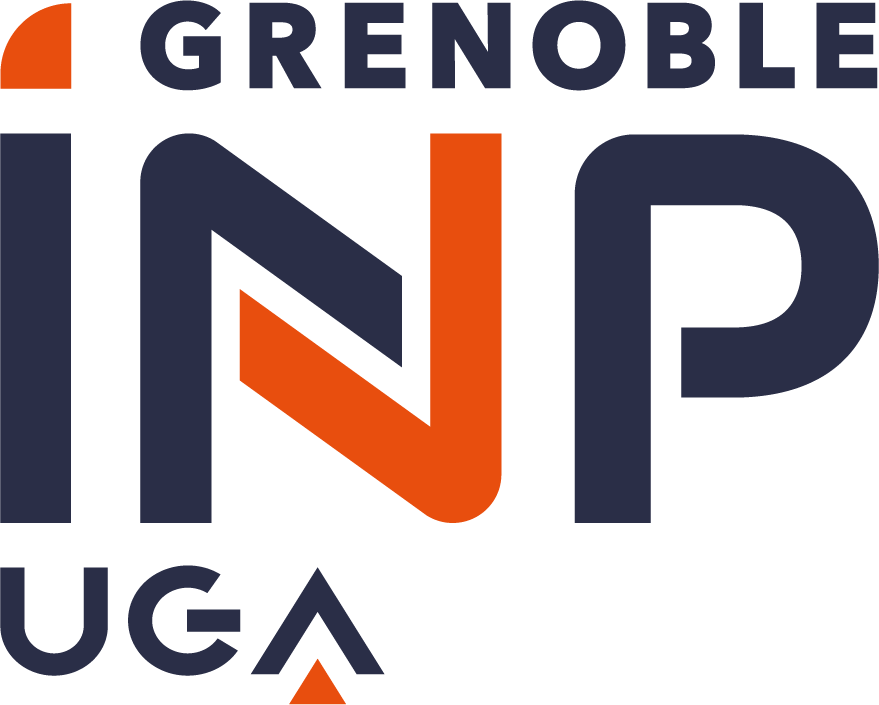
Sustainable Development policy:
A new sustainable development plan has been adopted in 2021. It is organized around 4 main axes:
- 1. Integrate the sustainability dimension in all our activities and key decisions
- 2. Accelerate the reduction of our environmental footprint, with an objective of carbon neutrality in 2030
- 3. Enable students and staff to reach their potential by developing initiatives and experimentations
- 4. Positively impact society with our stakeholders by supporting inclusive innovation
Some actions covering governance, teaching and research activities, as well as social policy and environmental management are available at https://www.grenoble-inp.fr/fr/l-institut/responsabilite-societale (webpage in the process of being updated)
General overview on sustainability in education:
There is no overall census of sustainable development courses at the moment: this is an ongoing project which started this year and is planned to be completed by the end of June 2021.
The 8 schools of Grenoble INP offer courses and programs related to different socio-environmental transitions:
- 1. Grenoble INP – Ense3 for water, energy and environmental challenges: https://ense3.grenoble-inp.fr/en
- 2. Grenoble INP – Ensimag for numerical and information technology issues: https://ensimag.grenoble-inp.fr/en
- 3. Grenoble INP – Esisar for embedder systems and information technology issues: https://esisar.grenoble-inp.fr/en
- 4. Grenoble INP – GI for sustainable industrial engineering and management : https://genie-industriel.grenoble-inp.fr/en
- 5. Grenoble INP – IAE for managerial and organizational issues: https://www.grenoble-iae.fr/
- 6. Grenoble INP – Pagora for paper science, biomaterials and green chemistry: https://pagora.grenoble-inp.fr/en
- 7. Grenoble INP – Phelma for energy, innovative materials and biomedical engineering: https://phelma.grenoble-inp.fr/en
- 8. Grenoble INP – Polytech for health information technology and risk prevention: https://www.polytech-grenoble.fr/menu-principal/formations/
Exchange students have to go through the usual admission process. Once nominated by the home university, students can apply through an online form: https://www.grenoble-inp.fr/fr/international/vous-etes-etudiant-en-echange-ou-en-double-diplome
MOOCS:
https://www.futurelearn.com/courses/new-energy-technologies
OTHER:
Social Entrepreneurship online bootcamp: https://www.makersasylum.com/sdgschool/
Update: 07/09/2021

Sustainable Development policy:
Sustainability at the TU/e: Webpage (LINK)
- Sustainability in Education (LINK)
TU/e Strategy 2030 (LINK)
General overview on sustainability in education:
There is an initial list of courses that has been developed by the organisation of Technology for Global Development (TGD) that can be found online for both the bachelors education (LINK) and masters education (LINK)
COURSES:
Masters certificate programs
- Technology for Sustainable Development (LINK)
- Circular Design in the Built Environment (LINK)
Terms and conditions: Enrolment at the university
Honours programmes (Bachelors)
- Energy Transition (LINK)
- Smart cities (LINK)
- Smart mobility (LINK)
Terms and conditions: Enrolment at the university + Selection procedure
OTHER:
Student teams
- Official TU/e Student teams (LINK)
- Innovation space teams (LINK)
Terms and conditions: None
Update: 11/06/2021
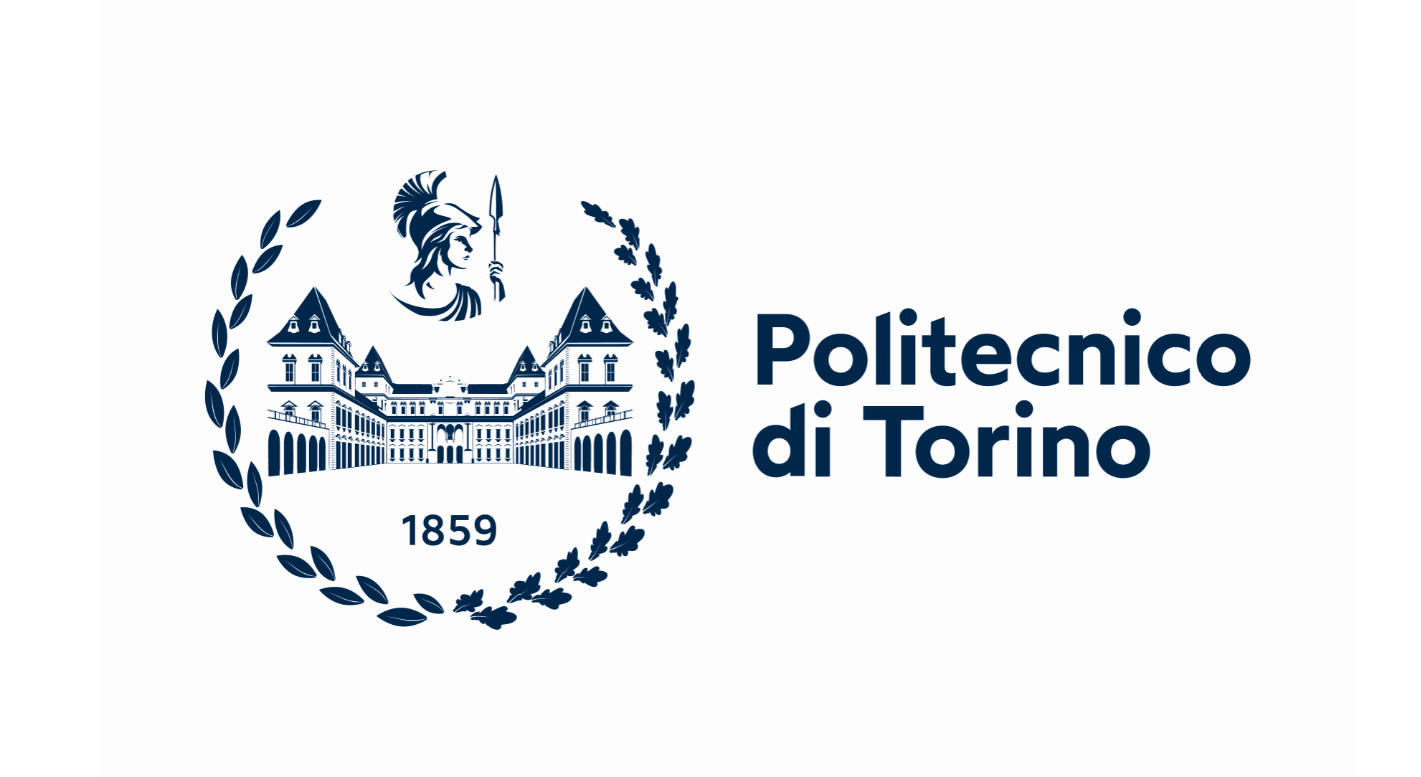
Sustainable Development policy:
Since 2015, the Politecnico di Torino (PoliTO) has a dedicated team, Green Team, that encourages and support PoliTO to address environmental and social challenges. This team consists of an internal group of professors, students, administrative staff and researchers and is intended to lead PoliTO towards the university sustainability mission: a comprehensive integration of sustainability into the university research, teaching, outreach and operations that prepares students, faculty and staff to be sustainability leaders in their professional, personal and civic lives.
Politecnico di Torino defines and pursues five dimensions of action:
1. Energy – Climate change: Pursuing energy sustainability at Politecnico di Torino means reducing and rationalizing energy use and its environmental impact on campus reality;
2. Sustainable mobility: Sustainable mobility from and to the university campuses and its five metropolitan poles means to guarantee to all PoliTO’s employees and users the availability of various transport modes. PoliTO is not only committed to propose new vehicles, services and systems, technologies, innovative ICT applications for urban mobility plans but also to promote them in mobility management activities of Turin City Council;
3. Resources: This dimension is twofold: on the food and wellness side, PoliTO is committed to promote the sustainability of the agro-food chain (energy saving, re-use of surplus) and local and traditional products and to encouraging guidelines for catering providers within the university in terms of contract and procurement (materials used). Regarding waste management, PoliTO is committed to reduce/ rationalize waste production, thus reducing its environmental impact following the “reuse-recycle- reduction” approach. To this end, PoliTO aims to increase the efficiency of both disposals and purchases, looking towards a full closure of the life cycle of the product in a sustainable way;
4. Education and Public Awareness: This action field focus on both education for sustainability and to community awareness through events in partnerships with other local, national and/or international stakeholders. It includes two target groups: a first one, towards the city and the society, and a second one, directed to PoliTO’s internal community.
5. Inclusion and social equity: this is a transversal theme related to crucial ethical and societal issues which are foundamental for meeting Agena2030 globl goals.
Since 2019 PoliTO coordinate the the Italian University Network for Sustainable Development (RUS) which is the first experience of coordination and sharing between all Italian universities committed to the topic of environmental sustainability and social responsibility. The main goal of RUS is to spread the culture of sustainability, both within and outside the Universities, sharing skills and experiences, with the aim of increasing the positive impact in terms of environmental, ethical, social and economic actions which are currently implemented by each university, so as to contribute to the achievement of the SDGs, and to strengthen the recognisability and the value of the Italian experience on an International level. https://reterus.it/en/calls-and-opportunities/
More information available here:
General overview on sustainability in education:
Since 2019 each course of our training catalogue is tagged concerning its affiliation to one, or more, SDGs. The extraction of the results of this mapping represents a census that, for now, is only for internal use. However students can consult the selected SDGs on the syllabus page of each course.
https://www.campus-sostenibile.polito.it/sdgs/polito_and_sdgs
A complete Campus “Sustainability Dashboard” with the possibility to let query such as “Courses on topics related to Sustainable development” will be available soon on the Politecnico di Torino website.
COURSES :
PHD COURSE on SDGs in cooperation between the Joint Research Centre (JRC – European Commission, Italian branch, Ispra) http://dottorato.polito.it/en/sdg_courses
The “Percorso per i Giovani Talenti/Intraprendenti” (Young talent programme/Entrepreneurs) https://didattica.polito.it/percorso_giovani_talenti/descrizione). It is an integrative path dedicated to talented students from the fields of engineer, architecture, urban planning and design. In the last two years, the path focused on sustainable development proposing a series of activities (seminars, workshops, field studies, challenges)
Starting from the next academic year, the Politecnico will be offering all engineering students - around 3,600 in all - an innovative course called "Grand Global Challenges", which will address the great challenges of our time, namely energy, health, digital, mobility and climate change, to which engineers (together with architects and other polytechnic disciplines) will have to make a vital contribution in the coming years for the well-being of humanity. For the first time in Italy, the course will be taught by pairs of lecturers, an engineer and a human and social scientist. In this way, our future engineers will be exposed to two complementary and mutually enriching points of view, the technical and the humanistic-social, two points of view that will also guide the group work with which they will conclude the course work.
MOOCs:
E-learning course "The 2030 Agenda and the Sustainable Development Goals" developed by ASviS (Italian alliance for sustainable development). The course introduces the contents, aims and innovative aspects of the Agenda 2030 and the SDGs– available in Italian and English, free for all students and administrative staff
OTHER:
Summer schools and contests: University departments organize each year summer schools dedicated to sustainable development with different participation requirements - https://international.polito.it/catalogue/summer_schools
Example of events:
Waste Mob - https://www.campus-sostenibile.polito.it/it/eventi/waste_mob. A cleanup competition to increase awareness about the littering problems. Students enrolled in one of the Universities of the Piedmont region can attend the competition in teams. The event is organized together with the University of Torino, University of Western Piedmont and the University Sports Centre (CUS in Italian)
M’illumino di meno - Caccia al Kwh - https://www.campus-sostenibile.polito.it/it/eventi/m_illumino_di_meno. A yearly event to increase awareness about energy consumption reductions. The University community can participate in team and switch off lights and appliances in the evening event.
Sustainable festivals: https://www.campus-sostenibile.polito.it/it/eventi/sustainability_weeks. Each year students can attend a series of conferences, workshop and meetingsdedicated to sustainability.
Climbing for climate: in cooperation with the Italian Network of Universities for Sustainable development
https://reterus.it/en/climbing-for-climate/
Update: 21/06/2021

